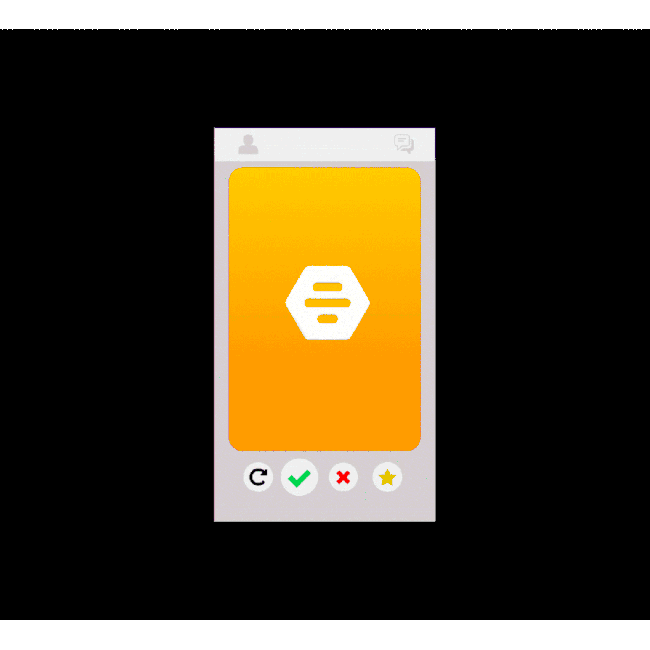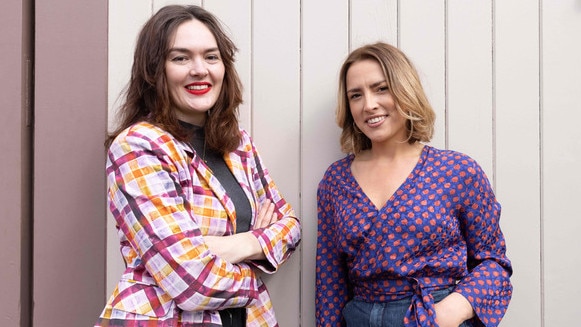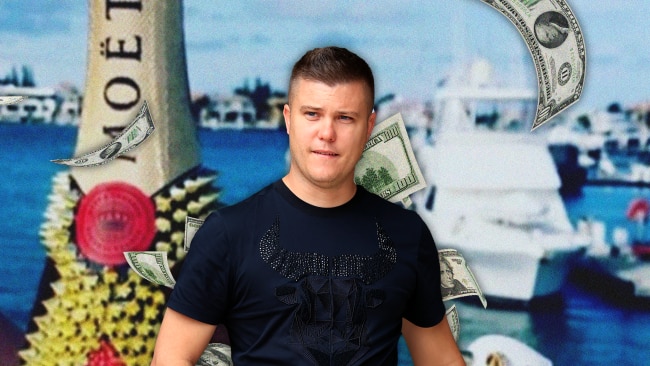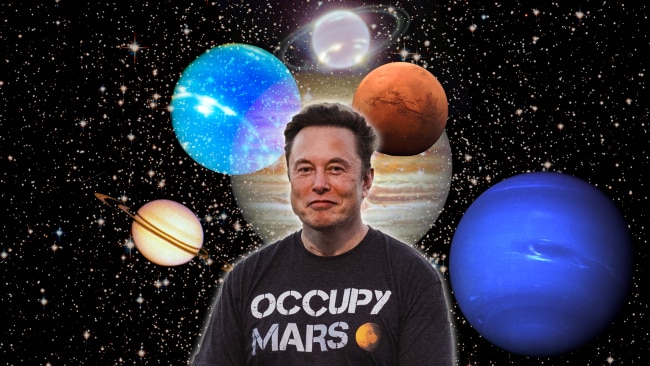Future of dating is finding love on a spreadsheet
Post-pandemic "dating app burnout" is turning some people away from the swipe-left-swipe-right model.

Post-pandemic "dating app burnout" is turning some people away from the swipe-left-swipe-right model.
"Dating app burnout" is pushing a wave of singles to dating alternatives like 'date me' docs.
As reported by Wired, sometimes this takes the form of an "earnest" ten-page Google doc with pros and cons and a subsection on "moral companionship" produced by bachelor Chris Olah, or Catherine Olsson's dropbox doc with "about me" statements like "fun and silly" next to evidentiary images.
Normal online dating seems pretty suboptimal. Recently, I’ve seen several people experiment with public “date me†docs – I think this is a really interesting experiment in alternatives, enabling long-from, earnest dating profiles.
— Chris Olah (@ch402) August 30, 2022
So, I wrote my own: https://t.co/oxdniZqU7O pic.twitter.com/klAzqind03
An interested person will simply apply within - usually via a form - in this era of hyper-optimised self-branding, without the whim of an algorithm and the "fatigue" that comes with it.
After ten years of swiping left and right on Tinder and every app created in its image, some people are looking for love on their terms.
Tinder still had more than three million Australian users in 2021 while Bumble had more than two million, according to comparison website Finder, but ghosting culture (heightened by the pandemic) is turning some away, and a delay in nuptuals after covid lockdowns is putting the pressure on singles.
"They are done with relying on the swipe-left and swipe-right because ghosting is just huge,” dating and relationship coach Nicole Colantoni said, whose clients mostly range from mid 20s to early 40s. Ghosting - the phenomenon of cutting off contact without explanation - is getting worse, Colantoni said.
"People treat online dating like fast food. There's a lack of care."
"If they don’t receive what they want immediately, they just move on to the next."
Mass weddings and engagements, which were on hold during the pandemic, are placing pressure on singles, particularly women, to find a partner, according to Certified Sex Coach Georgia Grace.
"It does bring (to the fore) the idea of romantic love being a really important aspect of being human, and adds to the stress."
Dating app fatigue is driving a move towards "mindful" dating. More women are choosing to stay single for longer, sex bans are trending on TikTok and sober dating is gaining momentum.
Some feel pressured by sex positivity and are dropping the apps altogether for voluntary celibacy.
"People are actively choosing not to have sex because they are exhausted and are over the pressure and the need to be constantly dating and meeting people … It’s fascinating how this fits in with the sexual revolution. We are talking so much about sex positivity and reclaiming the body, and while sex positivity is essential and the revolution is needed, a lot of people still feel quite a lot of pressure to be sexually-empowered, multi-orgasmic, have hook ups, dates, one night stands," Grace said.

Founder of sextech company Normal Lucy Wark said, for the vast majority of people they speak to, mainstream dating apps are no longer delivering on their "promise" to find better matches and on the users' terms.
"Whether that's not feeling you can actually adequately show your personality, or (feeling) that what you're actually engaging is an exercising personal digital branding," she said.
"The movement is certainly away from something like Tinder which has become, for most people, a very hook-up focused app, a very visually- focused app."
So, where to from here?
Wark thinks dating apps could move the way of social media and soon look more like BeReal than Instagram. It's a reaction against the highly-polished profile towards something more spontaneous and realistic. "It’s the ‘vibe shift’ … I think there’s a generational shift away from trying to show your best self," she said.
That could include moving conversation more quickly towards voice notes or FaceTime rather than going back and forth typing on an app. She said another big trend was for apps that facilitate exclusive real-life meet-ups.
Founder of Sextech school and Future of Sex podcast host Bryony Cole said she expects the number of niche and alternative dating apps to grow.
"The most exciting areas for technology to play a role in dating is in the more niche (preferences) … I also think the more niche behaviours around dating and how we move to serve that rather than this broad brushstroke of swiping," she said.
Cole said dating apps will also increasingly cater to the experiences around dating like heartbreak (Mend) or ending awkward conversations (Ghost Bot).
Although there’s a lot of hype around virtual reality (VR) dating and dating in the metaverse, Cole predicts its far from becoming mainstream.
Wark said she would be surprised if in ten or 20 years sex and dating weren't one of the biggest use cases for VR but predicted it would be a place for the meeting of "two, digital, sexual selves, who may never meet in real life" rather than something that transitions into real life.
Technology futurist Shara Evans said dating matches could one day be further optimised through artificial intelligence and quantum computing. Information could be mined from digital avatars or Siri, for example, which could match things like conversational styles.


